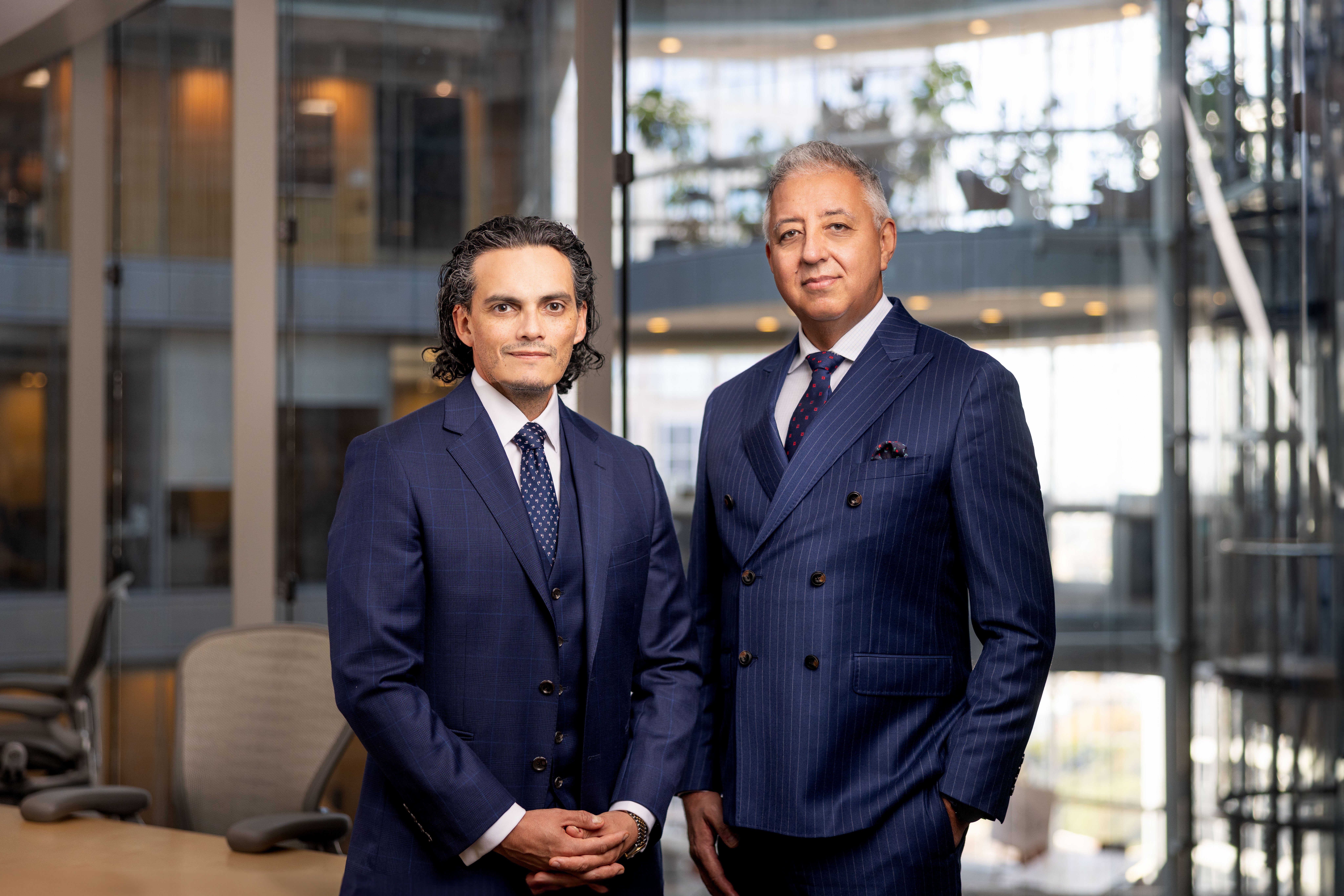In a recent ALPMA post, Dr George Beaton outlined the reasons BigLaw managing partners aren’t sleeping so well.
In the lead up to the ALPMA summit, Dr George Beaton, executive chairman at Beaton Research + Consulting, has shared insight into the future of the legal profession - a sneak peak of what’s to come at the summit later this week.
“BigLaw managing partners are not sleeping very well. Some are deeply worried. Others are truly excited. Here’s a summary of why this dichotomy exists,” wrote Beaton.
Client power is rampantly on the ascendancy.
“Use of NewLaw providers of many stripes, and intensifying price-down pressure on outside law firms are all contributing to BigLaw receiving shrinking slices of the pie. Bad news for firms with a traditional view of their position in the client’s value chain,” wrote Beaton.
Many firms are taking on parts of the NewLaw offerings to improve the client experience and to keep their stake in the competitive market, he said.
The Big Four are back in law.
“And this time round they are getting it right, as they did in management consulting 15 to 20 years ago,” Beaton wrote.
With big client bases and known brands, the big four accounting firms are offering much more than just accounting services, and according to Beaton, these firms are a big threat to ‘business law’ firms.
“For those that position in those (few) parts of the market where the Big Four won’t readily attract the talent or will be conflicted, there is good news.”
Firms’ brands are inexorably becoming relatively more important.
In Beaton’s view, building a strong brand is about culture and discipline.
“This trend is being driven by the interactions of clients’ buying patterns, technology, globalisation and talent,” he wrote.
“Custom and practice legacies and inertia are the enemies of brand-building.”
For talent the universal allure of life-time partnership in a BigLaw firm is no more.
As more and more options emerge for senior lawyers with the emergence of boutique and NewLaw firms, recruiting, training and retention for big firms must adapt.
“Building a portfolio of business models, each with a distinct human capital framework and suite of technologies, is not for the faint-hearted or firms without visionary leadership and first class execution capabilities. Those so endowed will win,” wrote Beaton.
The partnership structure of BigLaw firms was once a major strength.
But increasingly cultural inertia and lack of real equity on the balance sheet are making partnership an impediment to real change for most, and perhaps even survival for some, Beaton said.
“Sensations of the Dewey & LeBoeuf kind do not help the cause of those partnerships seeking to use delegations to give effect to more nimble decision-making and investments in strategy and business model initiatives.
“It’s perfectly possible to lead a partnership on an effective journey; it’s just hard and many fall by the wayside frustrated and exhausted.”
“BigLaw managing partners are not sleeping very well. Some are deeply worried. Others are truly excited. Here’s a summary of why this dichotomy exists,” wrote Beaton.
Client power is rampantly on the ascendancy.
“Use of NewLaw providers of many stripes, and intensifying price-down pressure on outside law firms are all contributing to BigLaw receiving shrinking slices of the pie. Bad news for firms with a traditional view of their position in the client’s value chain,” wrote Beaton.
Many firms are taking on parts of the NewLaw offerings to improve the client experience and to keep their stake in the competitive market, he said.
The Big Four are back in law.
“And this time round they are getting it right, as they did in management consulting 15 to 20 years ago,” Beaton wrote.
With big client bases and known brands, the big four accounting firms are offering much more than just accounting services, and according to Beaton, these firms are a big threat to ‘business law’ firms.
“For those that position in those (few) parts of the market where the Big Four won’t readily attract the talent or will be conflicted, there is good news.”
Firms’ brands are inexorably becoming relatively more important.
In Beaton’s view, building a strong brand is about culture and discipline.
“This trend is being driven by the interactions of clients’ buying patterns, technology, globalisation and talent,” he wrote.
“Custom and practice legacies and inertia are the enemies of brand-building.”
For talent the universal allure of life-time partnership in a BigLaw firm is no more.
As more and more options emerge for senior lawyers with the emergence of boutique and NewLaw firms, recruiting, training and retention for big firms must adapt.
“Building a portfolio of business models, each with a distinct human capital framework and suite of technologies, is not for the faint-hearted or firms without visionary leadership and first class execution capabilities. Those so endowed will win,” wrote Beaton.
The partnership structure of BigLaw firms was once a major strength.
But increasingly cultural inertia and lack of real equity on the balance sheet are making partnership an impediment to real change for most, and perhaps even survival for some, Beaton said.
“Sensations of the Dewey & LeBoeuf kind do not help the cause of those partnerships seeking to use delegations to give effect to more nimble decision-making and investments in strategy and business model initiatives.
“It’s perfectly possible to lead a partnership on an effective journey; it’s just hard and many fall by the wayside frustrated and exhausted.”







